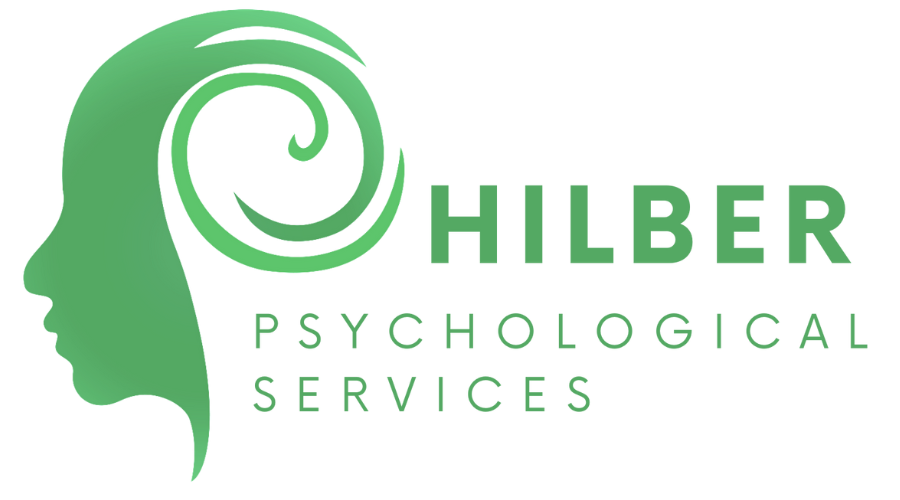Important Sleep Hygiene
Getting enough sleep seems to be a universal, yet unattainable goal. Sleep is so important for physical and mental capabilities. Sleep is necessary to recover from the day, rebuild muscle, form long-term memories, and even helps your heart, teeth, and weight.

Beginning and maintaining your sleep hygiene can make you feel stronger and healthier. By following just a few (or all) of these steps, you can develop better sleep hygiene to feel better and tackle those daily obstacles that come your way.
The first step is to determine what time is best to go to bed and wake up. Once you decide what time works best for your family and schedules, stick to that time every day. Generally, that time at night when you find yourself yawning suddenly and feel tired is the best time to head to bed. Research has been showing that people who go to bed earlier in the evening are less likely to have mental health problems. Having a consistent schedule allows your body and mind to adjust to that routine.
The next step is to create a routine for bedtime and in the morning. This could be anything that you feel helps your sleep, but may be the same steps in the same order before that time you decided is the best time for you. For example, one hour before you go to bed you turn off electronic devices, prepare your clothes and lunch for the next day, then wash your face and brush your teeth, and finally head to bed.
The final step is limit distractions at night so you can actually go to bed at the time you determined to be the best. This means not checking your email or cleaning the kitchen at that time, and turning the television off. This can also include ways to help find balance in your day by exercising and eating well throughout the day.
Sometimes sleep is still elusive even after you complete these steps on a regular basis. Sleep is very important for brain functioning and tolerating the stress of every day life. You may need to take extra steps to obtain good sleep.
If you would like more information on getting better sleep, contact us at Hilber Psychological Services or San Diego Center for Neurofeedback.
What kinds of things do you do to for sleep?
